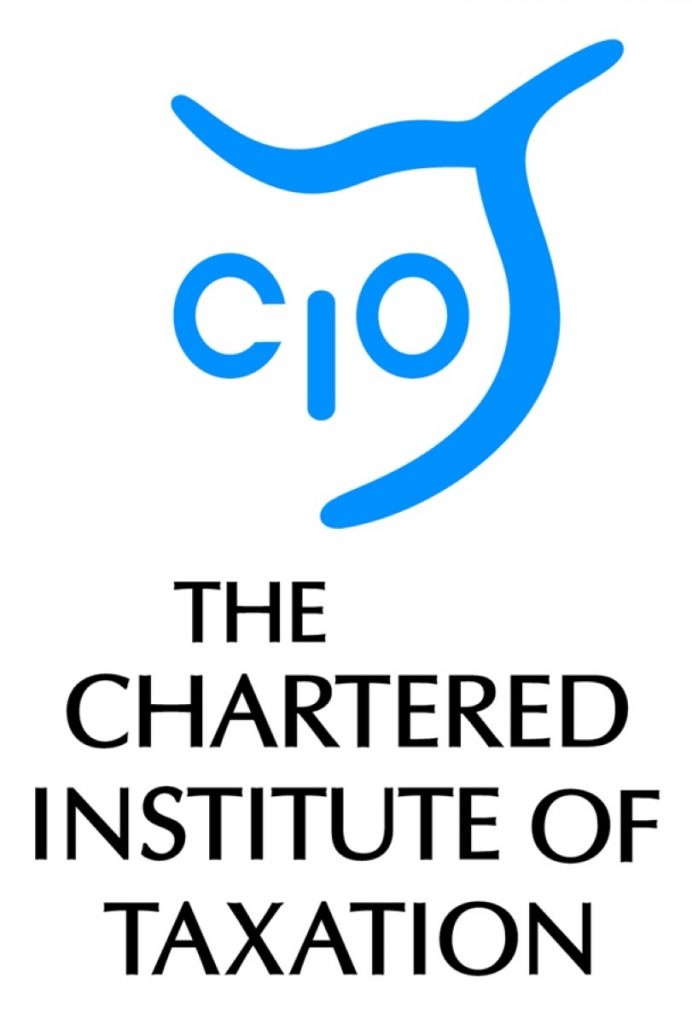CIOT: Tax experts criticise Government over big Finance Bill
The Chartered Institute of Taxation (CIOT) has criticised the Government’s publication today of a lengthy Finance Bill just one week ahead of the expected end of this Parliament. Although its 167 pages are fewer than most recent Finance Bills, there is a real risk of a lot of legislation being rushed through if Parliament is, as expected, dissolved soon.
CIOT Tax Policy Director, John Whiting, said:
“We are worried that many of these clauses – including three new taxes – will be rushed into law with no meaningful debate. This is not a recipe for good tax law. I hope the Government will hold back a majority of their proposals for a post-election Finance Bill.”
“There are many complex, technical measures in the Bill. Many have been consulted on but even sensible ideas benefit from going through proper parliamentary scrutiny to make sure there are no loopholes or unintended consequences.
“We are particularly disappointed that the restrictions on pensions tax relief for higher earners are going forward in such an overcomplex way. The Bill’s proposals show no signs of there having been any listening to the views of most respondents which were that there were much simpler ways of achieving the aim of curtailing tax relief for the wealthy. The proposals as framed will lead to substantial increases in costs for employers and the pensions industry generally.
“The pensions restriction does not come into effect until April 2011 so there is no reason why it cannot be delayed until a post-election Finance Bill, where it can be properly scrutinised, and alternative proposals for achieving the Government’ s objectives in this area considered.”
CIOT President Andrew Hubbard wrote to Chancellor Alistair Darling ahead of the Budget urging him not to rush through substantial tax changes without any real parliamentary scrutiny.
Notes to Editors
1) The last pre-election Finance Bill, in 2005, saw 106 clauses and various schedules rushed through all their parliamentary stages in four hours, with only the first 13 clauses having any debate at all.
2) Under the Government’s pensions tax relief changes, people with incomes of £150,000 to £180,000 will see income tax relief on their pension contributions tapered from 50% to 20%. Those on £180,000 or more will have relief restricted to 20%. Relief on pension contributions made by an individual’s employer will also be restricted – by way of a special tax recovery charge imposed on the individual; it will be mandatory for the scheme to meet this tax charge at the individual’s request, subject to certain conditions, including a de minimis amount, by reducing the member’s accrued benefits or money purchase pot.
3) The CIOT’s response to the HM Treasury consultation paper on the pensions tax relief changes can be read at: http://www.tax.org.uk/attach.pl/9042/10701/ImplementingRestrictionsPensionsTaxRelief%20final050310.pdf.
4) The Chartered Institute of Taxation (CIOT) is a charity and the leading professional body in the United Kingdom concerned solely with taxation. The CIOT’s primary purpose is to promote education and study of the administration and practice of taxation. One of the key aims is to achieve a better, more efficient, tax system for all affected by it – taxpayers, advisers and the authorities.
The CIOT’s comments and recommendations on tax issues are made solely in order to achieve its primary purpose: it is politically neutral in its work. The CIOT will seek to draw on its members’ experience in private practice, government, commerce and industry and academia to argue and explain how public policy objectives (to the extent that these are clearly stated or can be discerned) can most effectively be achieved.
The CIOT’s 15,000 members have the practising title of ‘Chartered Tax Adviser’.
– ENDS –





-01.png)